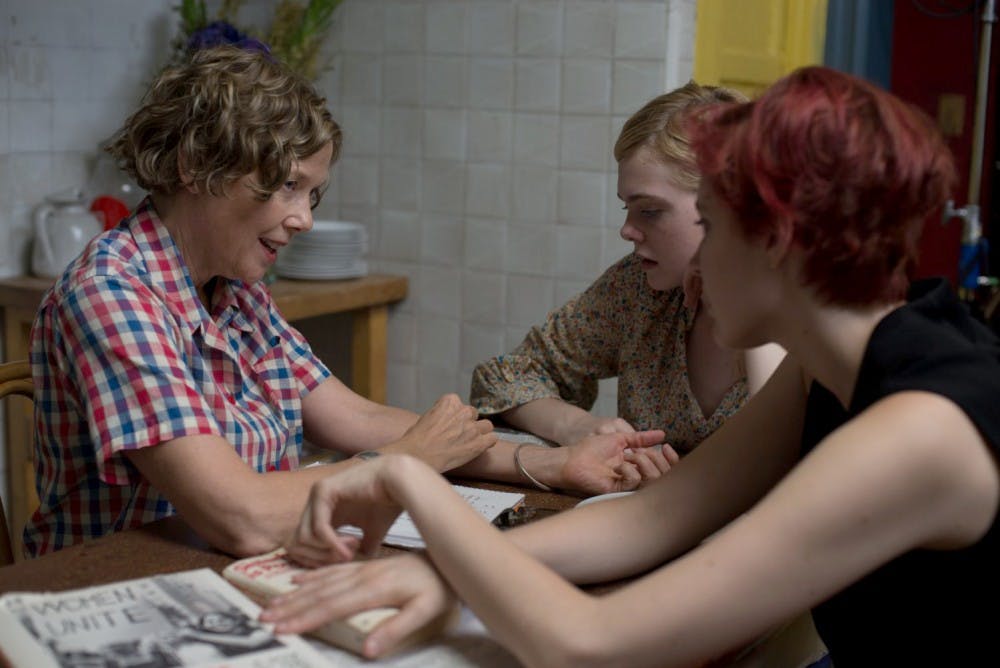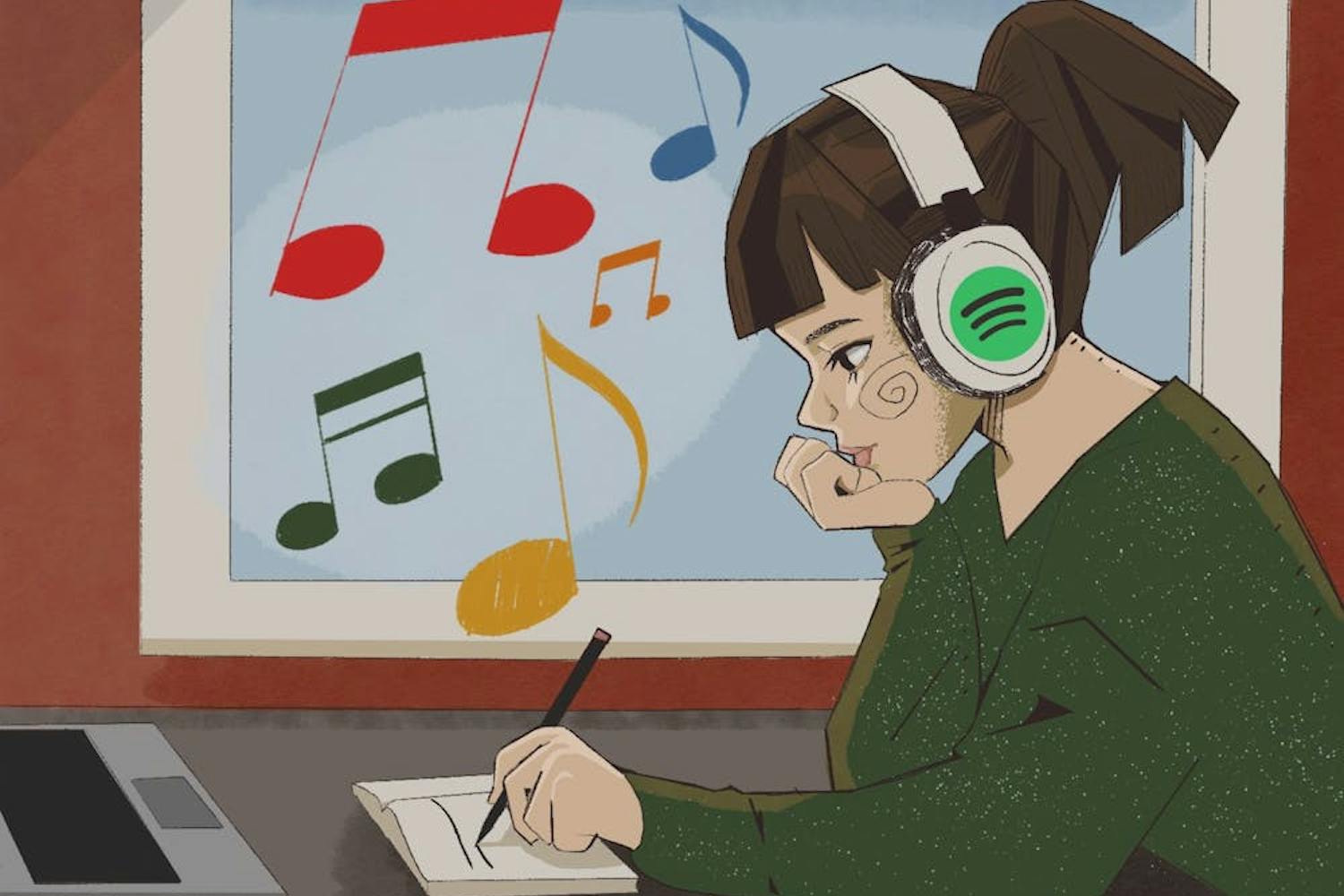Despite what its title would have you believe, “20th Century Women” is just as much about men as it is about women. At the heart of the story is 15-year-old Jamie Fields, whose emerging sense of manhood is shaped by feminist principles and life lessons imparted upon him by three women of different generations.
By showing male characters who embrace feminism, films like “20th Century Women” combat negative stigmas against feminism and shed light on the benefits feminism offers both men and women.
Part of the college experience is embracing new ideas. While ASU offers many classes on gender studies, like Gender, Media and Culture, and U.S. Women's Movements, harmful anti-feminist ideologies can restrain students from the lifelong enrichment feminism provides. Like Jamie, we come to realize that the world is painted in a variety of colors we may have never even seen before.
One of the strangest and most pervasive arguments against feminism is that it doesn’t benefit men. This is in direct opposition to reality: when studying true feminism and not extremist subgroups, one will find that feminism is by its nature inclusive. Feminism accepts people from all walks of life, regardless of gender, race or sexual identity.
Of the many ways in which feminism benefits men, here are just a few: it has helped facilitate better relationships, overturned laws that discriminated against men, changed the definition of rape to include men and enabled men to spend more time with their children through paternity leave.
“Studies on marital satisfaction find that when men embrace these more liberal ideas, they stay with their partners so much longer, and they’re happy together,” Eric Swank Ph.D., associate professor of social and cultural analysis at ASU, said. “In a lot of ways, in feminist relationships, there are better relationships between the partners, there’s better parenting...so it’s in a lot of ways very beneficial to men.”
The punk-rock backdrop of 1979 serves as a stark contrast to the restrained family dynamics between Dorothea (Annette Bening) and Jamie (Lucas Jade Zumann). Inter-generational conflict is a strong driving force in this story. “I don’t think I’m enough for him anymore,” Dorothea confides in Abbie and Julie before asking the two women to help raise her son.
Effective communication is one of the strongest characteristics in strong, healthy families. One way in which clear communication can be muddled is through generation gaps.
Generation gaps can hurt communication and can damage relationships. Often the generational gap is deepened by parents who push their kids beyond their limits and lack understanding of what their children are capable of.
Although the relationship between Jamie and his mother plays a central role in the film’s narrative, much of the heart of the film is dedicated to the three pivotal women: Dorothea, punk artist Abbie, and 17-year-old Julie.
Each of the women hails from a different generation and seeks to impart wisdom on Jamie. Abbie introduces Jamie to second-wave feminism, and it is through the books she gives him that he begins to understand the world and try to breach the chasm between him and his mother.
Sexism and inter-generational conflicts are two sources of trouble many ASU students can relate to. Communication styles can be changed, but adjusting life philosophies and gender relations can be tricky. Despite its difficulty, however, adapting to feminism is crucial because the benefits are enormous.
"I still see hope among men, and this is why I teach and write on this stuff," Swank said. "Men aren't inherently better or worse than women. It's hard to think about the definition of manhood, which is very limited."
Although it takes place more than forty years ago, "20th Century Women" covers crucial topics that are still timely today. We're only 16 years into the 21st century. If I live to see the turn of the 22nd century, I want to see the end of sexism, starting with the films we watch.
Reach the reporter at sosulli2@asu.edu or follow @serenaeosully on Twitter.
Editor’s note: The opinions presented in this column are the author’s and do not imply any endorsement from The State Press or its editors.
Want to join the conversation? Send an email to opiniondesk.statepress@gmail.com. Keep letters under 300 words and be sure to include your university affiliation. Anonymity will not be granted.
Like The State Press on Facebook and follow @statepress on Twitter.




